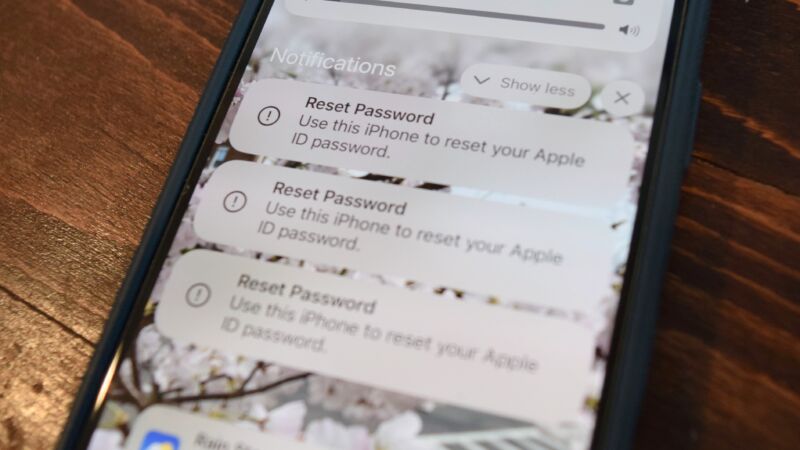Emotet establishes a backdoor onto Windows computer systems via automated phishing emails that distribute Word documents compromised with malware . Subjects of emails and documents in Emotet campaigns are regularly altered to provide the best chance of luring victims into opening emails and installing malware regular themes include invoices, shipping notices and information about COVID-19 .
Those behind the Emotet lease their army of infected machines out to other cyber criminals as a gateway for additional malware attacks, including remote access tools (RATs) and ransomware .
[…]
A week of action by law enforcement agencies around the world gained control of Emotet’s infrastructure of hundreds of servers around the world and disrupted it from the inside.
Machines infected by Emotet are now directed to infrastructure controlled by law enforcement, meaning cyber criminals can no longer exploit machines compromised and the malware can no longer spread to new targets, something which will cause significant disruption to cyber-criminal operations.
[…]
The Emotet takedown is the result of over two years of coordinated work by law enforcement operations around the world, including the Dutch National Police, Germany’s Federal Crime Police, France’s National Police, the Lithuanian Criminal Police Bureau, the Royal Canadian Mounted Police, the US Federal Bureau of Investigation, the UK’s National Crime Agency, and the National Police of Ukraine.
 chevron_right
chevron_right








